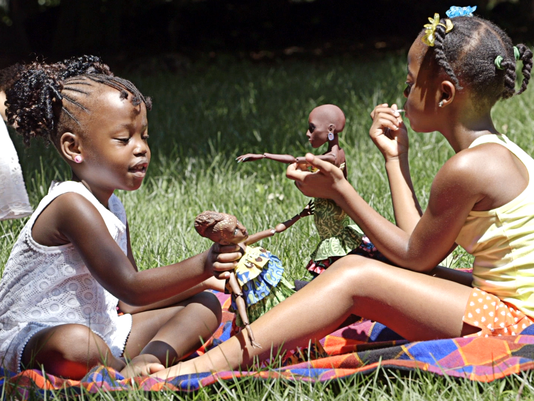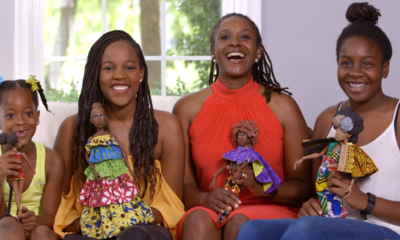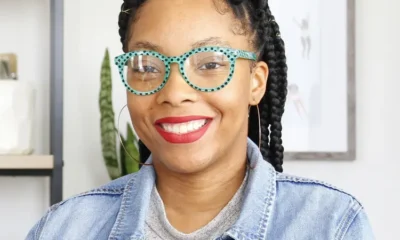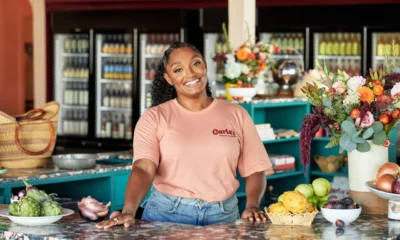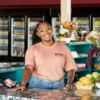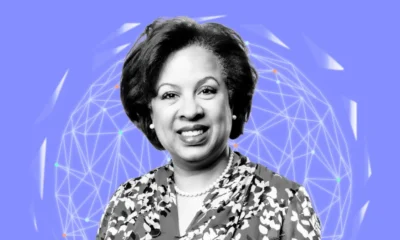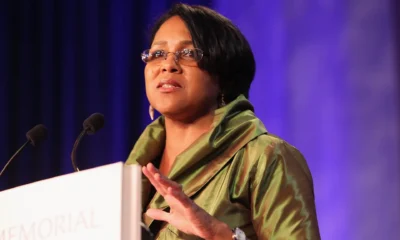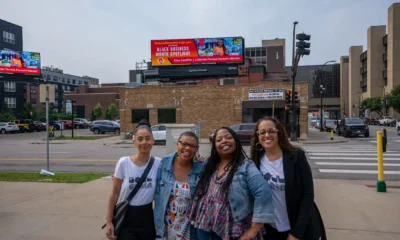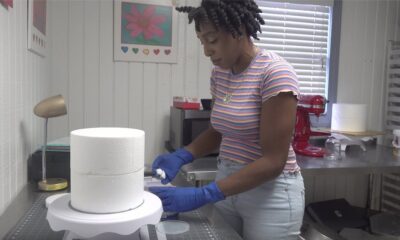Black Women in Business
These fierce black and brown dolls aim to empower girls of color
When Múkami Kinoti Kimotho’s daughter, Zara, was four years old, she began to question her looks. Getting ready for school, once a relaxing bonding moment for Kimotho and her daughter, became steeped with anxiety, especially when it came to hair.
“Can you do my hair like this?” Zara asked one day, making a downward motion with her hands.
That’s when Kimotho understood. Her black daughter wanted her natural hair to be straight.
“For girls as young as Zara wanting to change those elements about herself, I thought that’s what we need to do something about,” Kimotho told USA TODAY.
That interaction jumpstarted a two-year long process culminating in the creation of Royelles, a technology-enabled line of black and brown fashion dolls.
Kimotho, a former vice president of Global Diversity & Inclusion Strategies at BNY Mellon, launched a Kickstarter campaign to fund the production of the first collection of dolls this week. The campaign has raised over $14,000 as of Thursday at 1:45 p.m. PT.
Kimotho wanted her daughter to be able to play with dolls that look like her, both physically and online. Each doll will have an avatar that exists virtually and an app where kids can play educational games, read e-books and learn more about their avatars.
It’s a high-tech twist on a growing trend in the toy industry: More dolls that reflect the diversity of the children who play with them.
It’s getting a lot easier than it used to be for parents to find African-American, Latino and Asian dolls or dolls with disabilities.
American Girl has launched a diversity campaign, offering dolls of different races and disabilities. Hello Hijab makes traditional Muslin headscarves for dolls. 3B scientific makes dolls with Down’s Syndrome. Mattel has extended its Barbie line-up to include dolls with different body types, skin tones and hairstyles.
More recently, independent entrepreneurs have pushed the industry by launching crowd-funding campaigns similar to Royelles, including one that was fully funded on Kickstarter in 2015 focused on girls with natural hair.
Kimotho decided to call the collection “Royelles” because she wanted to redefine what young women and girls thought of as royalty. In a historic study, sociologists Kenneth and Mamie Clark found that children — even African-American children — associated more positive characteristics with white dolls.
Royelles draws from African fashion and culture, specifically from Kimotho’s upbringing in Kenya. They feature vibrant African fashion and an assortment of hairstyles. Each doll is also a fully fleshed out character. For instance, one doll named Mara is a warrior …
Please read original article- These fierce black and brown dolls aim to empower girls of color



